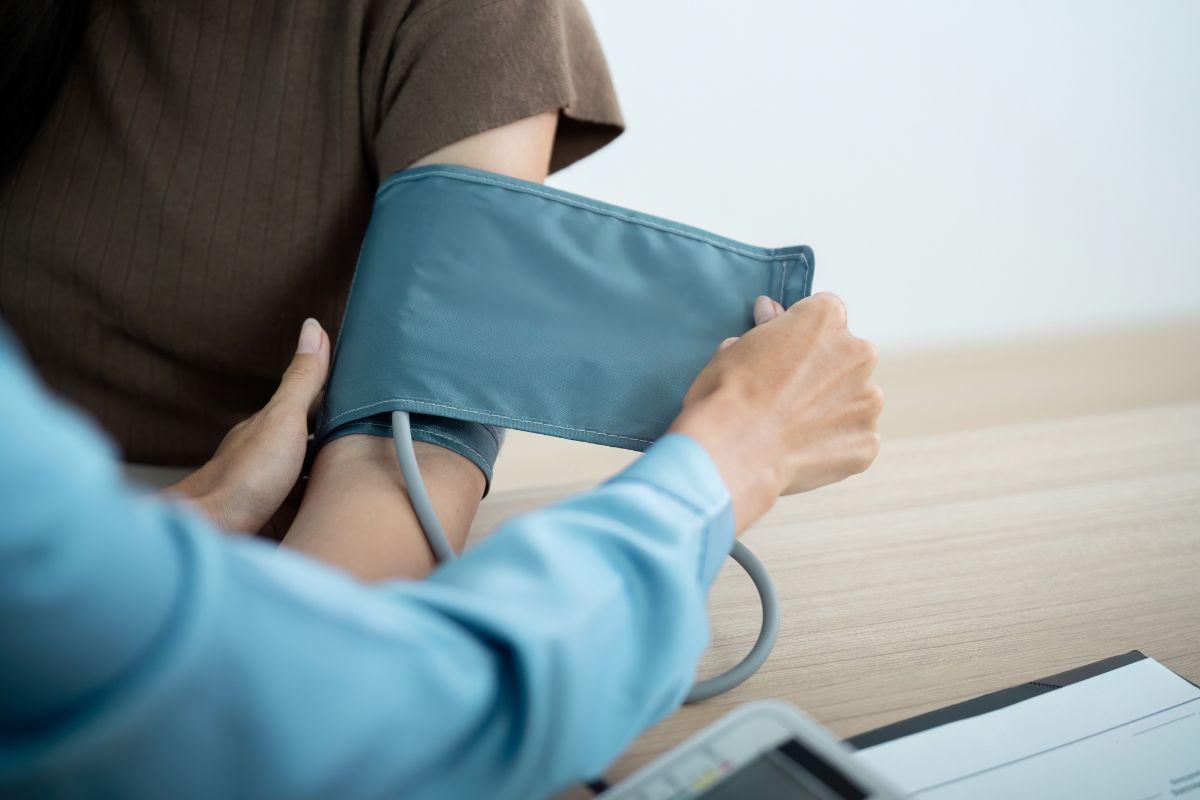Written by Mr Andrew Ballaro for Doctify
If you’re a woman, you have probably experienced the feeling of dread and dismay that comes with contracting UTIs. You know that days of discomfort are ahead of you and that no amount of chugging cranberry juice will help.
As the saying goes: information is power. Bearing this in mind, we have asked Mr Andrew Ballaro, a leading Doctify Urologist, to give us the lowdown on what causes UTIs and how to prevent them.
Why do women get UTIs more often than men?
Women are at disadvantage to men when it comes to their susceptibility to urinary tract infections as the female urethra. This is because the muscular tube that conveys urine from the bladder to the outside world, is far shorter. It is therefore easier for easier for bacteria to enter the bladder. The following natural defence mechanisms usually prevent infection:
- The washout effect of bladder emptying
- The health and hormonal status of the mucosal (skin) cells that line the urogenital tract
- The overall general health and immune status of the individual.
What can you do to avoid them?
There are several measures women wanting to prevent urinary tract infections can take:
- Maintaining general good health – make sure you are getting enough sleep and drinking lots of fluids
- Make sure to empty your bladder after intercourse, as urethral bacteria are commonly pushed into the bladder during sexual activity.
- Do not use strong disinfectants or topical supplements when washing your intimate areas as these can remove the normal healthy bacterial flora, leaving the cells open to attack from disease causing organisms.
Are some women more susceptible than others?
As women approach the menopause, oestrogen levels fall and this causes a change in the receptivity of urogenital mucosal cells to organisms, and colonisation with disease forming rather than normal protective bacteria. This increases the likelihood of developing an infection. To counteract this, one can apply topical or systemic oestrogen supplements, which boost the mucosal defence mechanisms. Sometimes this is not enough, and post-menopausal women with recurrent infections may benefit from a three or six month course of low dose preventative antibiotics.




